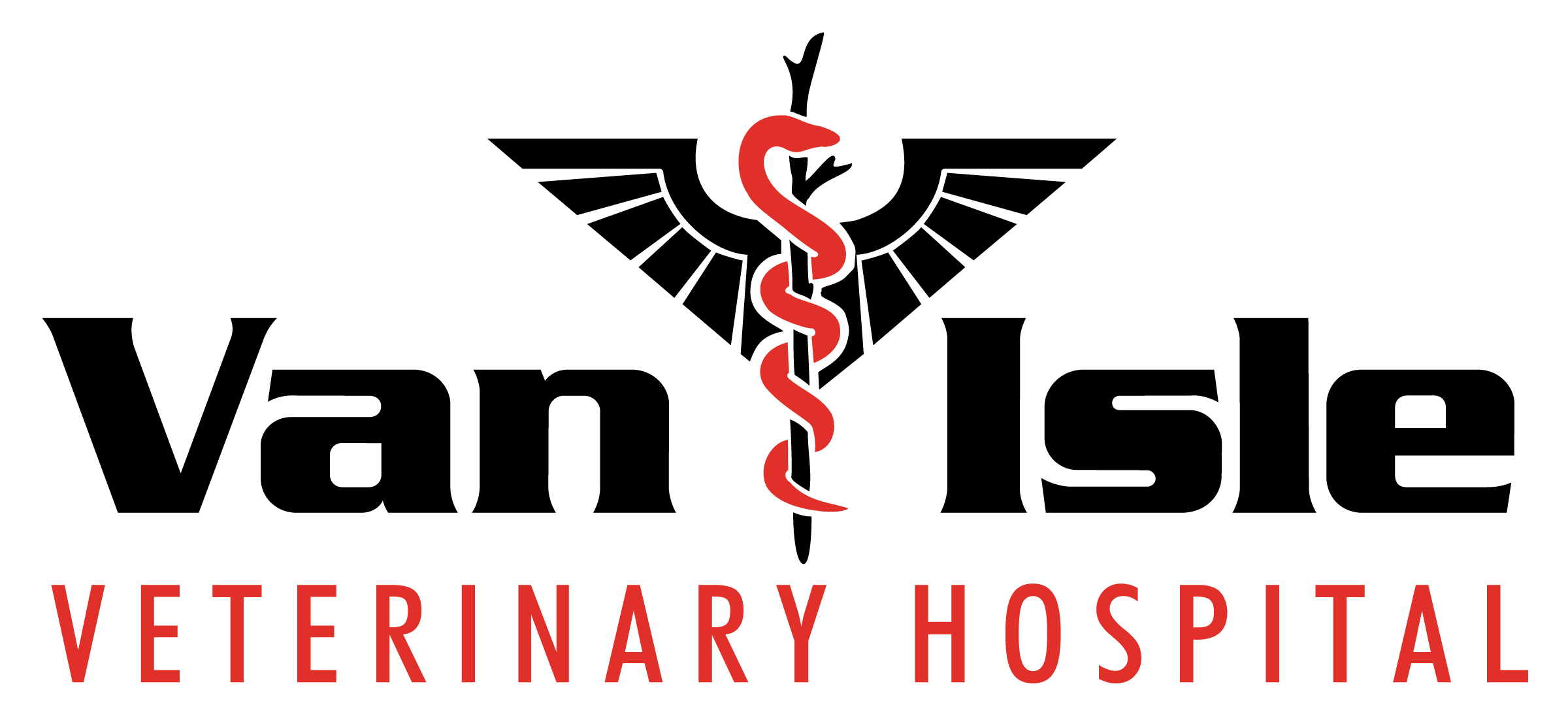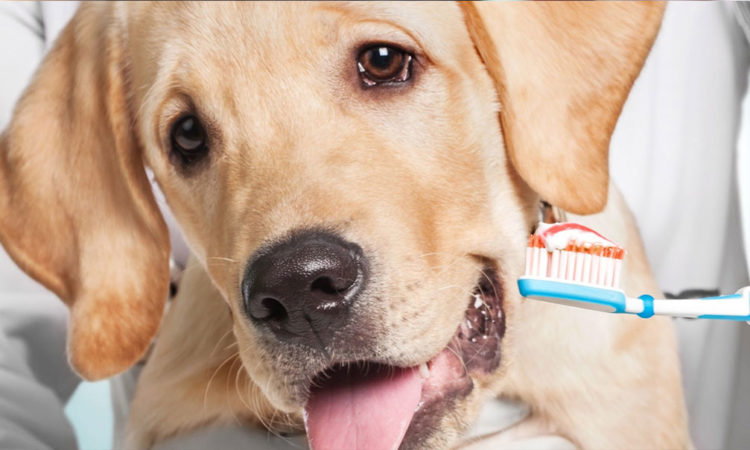Senior dogs are the best! They have been your amazing companions for years and nobody knows you better than your senior dog. Because of this, your senior dog has earned the special care and attention required to keep him well and happy for as long as possible. The age your dog hits senior status can vary depending on breed, age, size and other factors. Old age is not a disease! Discussing any notable changes in your dog’s behaviour with your veterinarian (even subtle ones) can help your veterinarian put together the most appropriate wellness program to make your dog’s senior years more comfortable. This is the time to cherish your dog’s senior years, they pass too quickly. It’s the time when you have the companionship of a wonderful old friend. So together, let’s make every day count!
When does a dog become a senior?
We typically refer to dogs as “senior” around 7 or 8 years of life. However, size does matter! Larger breeds tend to have a shorter life expectancy than most smaller breed dogs and their senior years can start much earlier.
What are common senior dog health issues
There are some relatively common medical conditions that occur with old age in dogs. Hip dysplasia that may not have bothered a younger dog, may now bring on pain and discomfort. Other orthopedic problems such as old injuries or osteoarthritis may elevate with age. Other common ailments can include obesity, hypothyroidism, heart disease, cancers, dental disease, loss of sight and/or hearing and cognitive dysfunction. Changes in organ function such as the liver and kidneys, also start to occur during your dog’s senior years.
How do I care for my senior dog? (Schedule regular check-up, exercise etc.)
A simple but wise precaution in caring for your senior dog is to have at least one overall health exam annually, as well as a geriatric blood screen which may pick up any underlying illnesses or disease in their early stages. Normal results are great news, but abnormal values can be helpful to detect major concerns early when treatment is more likely to be effective. X-rays and urine checks may also be recommended by your veterinarian, which are both useful diagnostic tools. Your veterinarian’s role is to make these services available and your role is to make decisions about what is best for your dog. Not every treatment is right, or even necessary for every dog. You can work together with your veterinarian to come up with an appropriate program to best manage your senior pet’s health.





